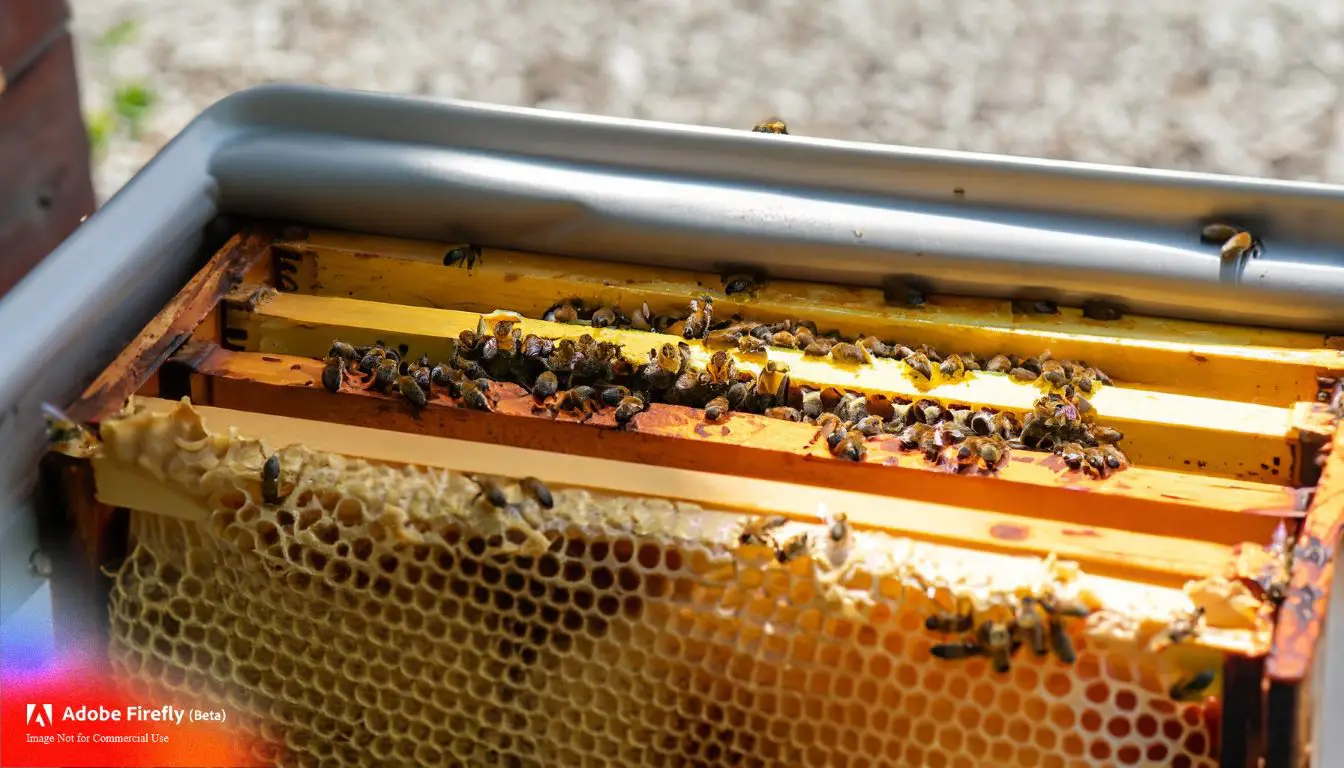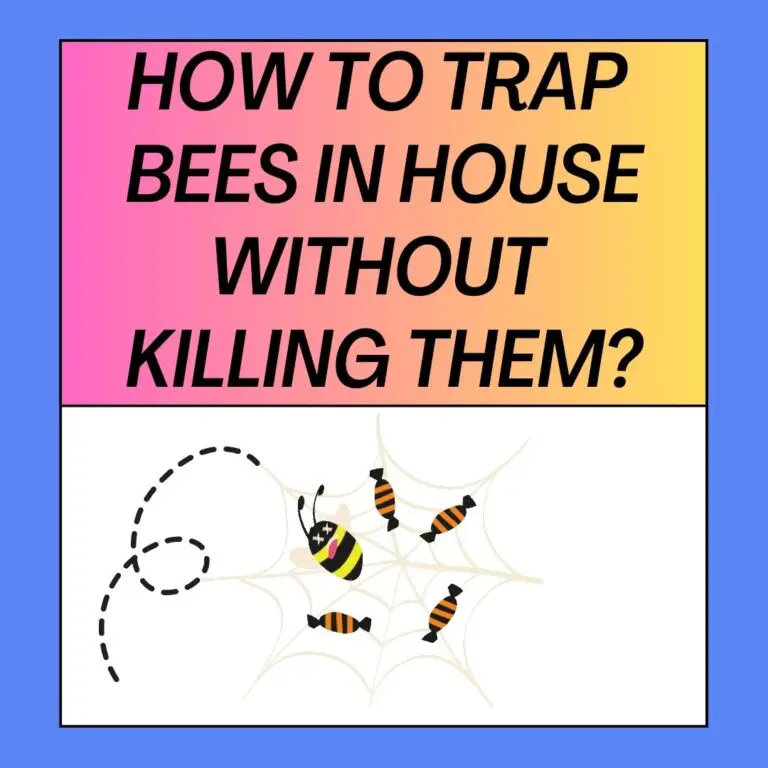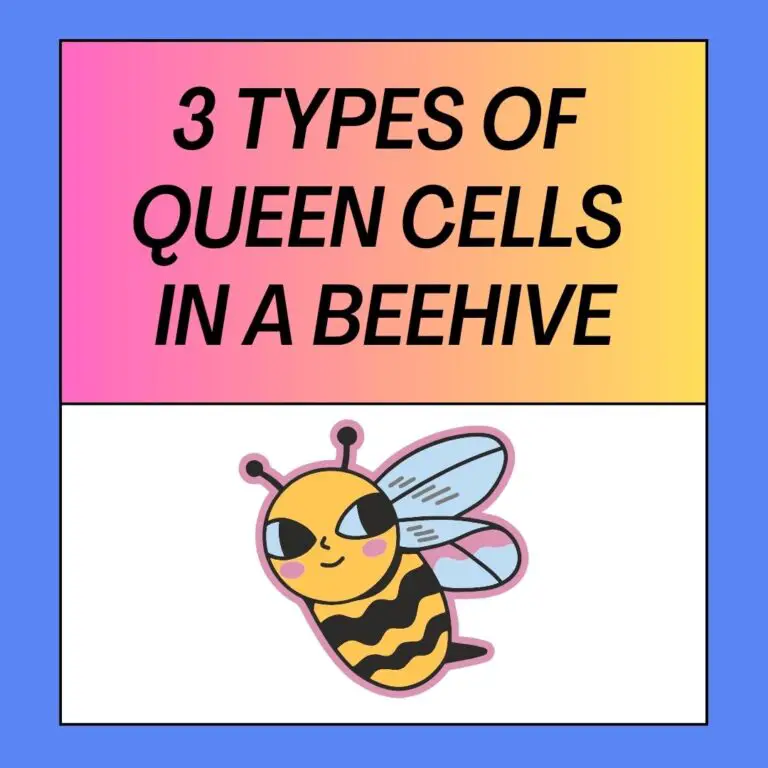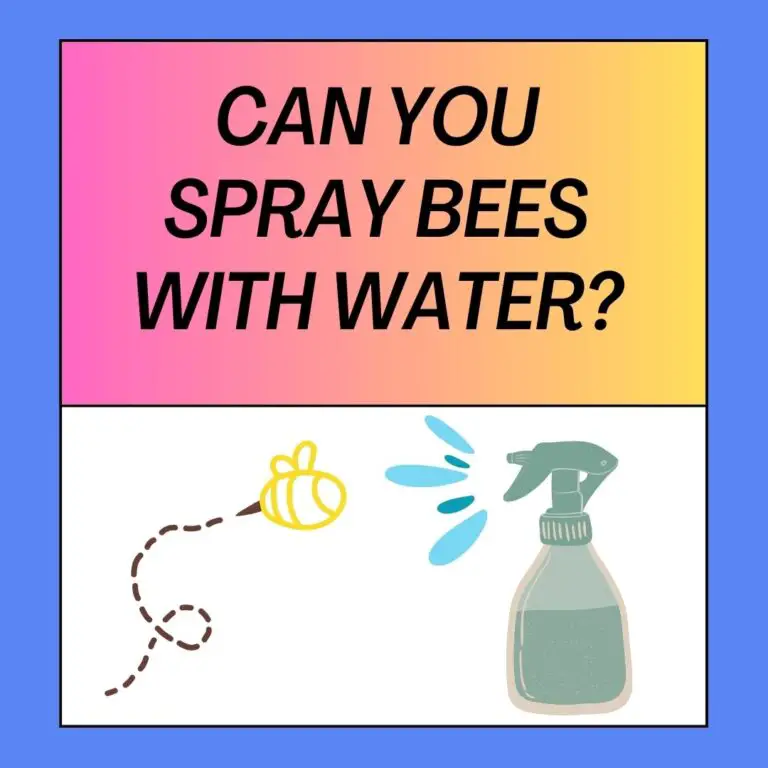
Bees are essential pollinators that play a vital role in our ecosystem. While they are crucial for agriculture and the environment, there are times when you may need to deter them from certain areas to ensure safety. However, it’s important to do so without harming these valuable insects. This article explores 15 natural bee repellents, providing tips and recipes to help you keep bees at bay without causing harm.
Bees are generally considered beneficial insects with their gentle buzzing and important role in pollination. However, there are situations where you might want to repel them to prevent stings or protect certain areas. Instead of resorting to harmful chemicals or dangerous methods, you can use natural bee repellents that are safe for both bees and humans. Let’s delve into these repellents and discover how to make and use them effectively.
1. Peppermint Oil
Recipe: Combine a few drops of peppermint essential oil with water in a spray bottle.
How to Use: Spray the mixture around areas you want to keep bees away from. The strong scent of peppermint is known to deter bees.
2. Cucumber
Recipe: Slice a cucumber and place the slices on an aluminum pie plate.
How to Use: Bees dislike the smell of cucumbers.
Cucumber slices in your garden or near outdoor dining areas can help repel them.
3. Garlic
Recipe: Crush garlic cloves and place them in a jar with water. Let it sit for a day, then strain the liquid.
How to Use: Spray the garlic-infused water in areas where bees are not welcome. The strong odor of garlic can keep them at a distance.
4. Vinegar
Recipe: Mix equal parts of water and white vinegar in a spray bottle.
How to Use: Spray the vinegar solution around windows, doors, or other entry points where bees might enter your home. Be cautious not to spray it directly on plants, as vinegar can harm them.
5. Cinnamon
Recipe: Sprinkle ground cinnamon around areas where you want to repel bees.
How to Use: Bees dislike the smell of cinnamon. Sprinkle it on picnic tables, around outdoor dining areas, or near beehives to keep them away.
6. Lavender Oil
Recipe: Dilute lavender essential oil with water in a spray bottle.
How to Use: Spray the lavender mixture on your skin or clothing when spending time outdoors. Bees are not fond of the scent of lavender.
7. Citronella
Recipe: Burn citronella candles or use citronella essential oil in diffusers.
How to Use: Citronella is a natural insect repellent, including for bees. Use citronella candles or diffusers in outdoor spaces.
8. Lemongrass Oil
Recipe: Mix lemongrass essential oil with water in a spray bottle.
How to Use: Spray the lemongrass mixture around your garden or patio to deter bees. They find the scent unpleasant.
9. Mint
Recipe: Plant mint around your garden or in pots near outdoor seating areas.
How to Use: Mint plants emit a strong scent that bees dislike. Planting mint can help keep them away from specific areas.
10. Eucalyptus Oil
Recipe: Dilute eucalyptus essential oil with water in a spray bottle.
How to Use: Spray the eucalyptus mixture around doorways or windows to prevent bees from entering your home.
11. Marigolds
Recipe: Plant marigolds in your garden.
How to Use: Marigolds not only add beauty to your garden but also repel bees with their strong fragrance.
12. Almond Extract
Recipe: Mix almond extract with water in a spray bottle.
How to Use: Spray the almond extract mixture on surfaces where bees gather or nest.
13. Wormwood
Recipe: Plant wormwood in your garden or use wormwood essential oil.
How to Use: Wormwood has a potent aroma that deters bees. Plant it strategically or use its essential oil as a natural bee repellent.
14. Borax and Sugar
Recipe: Mix equal parts of borax and sugar.
How to Use: Place small containers of this mixture away from your outdoor activities. Bees are attracted to sugar but can be harmed by borax.
15. Dryer Sheets
Recipe: Hang scented dryer sheets in outdoor spaces.
How to Use: The strong scent of dryer sheets can deter bees. Hang them near patios or outdoor dining areas.

Conclusion
While bees are essential for our ecosystem, there are times when deterring them from specific areas is necessary. Using natural bee repellents is a safe and eco-friendly way to achieve this without harming these vital pollinators. Remember to use these repellents responsibly, and prioritize the well-being of bees while ensuring your safety.
Frequently Asked Questions (FAQs) about Natural Bee Repellents
Q1: Why would someone want to use natural bee repellents?
A1: Natural bee repellents are often preferred by individuals who want to deter bees from specific areas without harming them. This is especially common in situations where bees may pose a stinging risk, such as outdoor events, picnics, or gardening, but where protecting the bees and the environment is also a concern.
Q2: Can natural bee repellents deter other insects as well?
A10: Yes, some natural bee repellents may also deter other insects like wasps or flies due to the strong scents. However, their effectiveness against different insects can vary, so it’s important to consider the specific pest issue you’re addressing.
Q3: How can I use these natural ingredients as bee repellents?
A3: Here are some methods for using natural ingredients as bee repellents:
- Essential oil sprays: Mix a few drops of essential oil (e.g., peppermint, lemon, or cinnamon) with water in a spray bottle. Spritz this mixture in areas where you want to repel bees.
- Cucumber slices: Place cucumber peels or slices near areas where bees are a concern. The scent may deter them.
- Citrus peels: Similar to cucumber, citrus peels or slices can be placed strategically to discourage bees from approaching.
Q4: Do natural bee repellents harm bees or the environment?
A4: Natural bee repellents are generally considered safe for both bees and the environment when used appropriately. Unlike chemical insecticides, these natural methods do not harm bees but rather deter them from specific areas. However, it’s essential to avoid using excessive amounts of any repellent, as this may have unintended consequences for the environment.
Q5: Can natural bee repellents be used indoors?
A5: Natural bee repellents like essential oil sprays can be used indoors to deter bees. However, it’s essential to use them with caution, as strong scents may also affect humans or pets. Proper ventilation can help disperse the scent.
Q6: How effective are natural bee repellents?
A6: The effectiveness of natural bee repellents can vary. Some individuals find them highly effective, while others may not experience the same results. The key is to use them consistently and refresh them as needed, especially after rain or when the scent diminishes.
Q7: Are there any specific precautions to take when using natural bee repellents?
A7: Here are some precautions to consider:
- Avoid applying repellents directly to your skin, especially undiluted essential oils, as they can cause skin irritation.
- Keep repellents away from food or food preparation areas to prevent contamination.
- Be cautious when using strong-smelling repellents indoors, as they can be overpowering.
- Ensure that pets and other wildlife are not adversely affected by the repellents.
Q8: Can I make my own natural bee repellent at home?
A8: Yes, many natural bee repellents can be made at home using readily available ingredients like essential oils, vinegar, or citrus peels. Homemade repellents can be cost-effective and allow you to control the strength of the solution.
Q9: Are there specific times or situations when natural bee repellents are most useful?
A9: Natural bee repellents are particularly useful in outdoor settings, such as picnics, camping, or gardening, where you want to discourage bees from approaching specific areas. They can also be handy during outdoor events to minimize the risk of bee stings.






